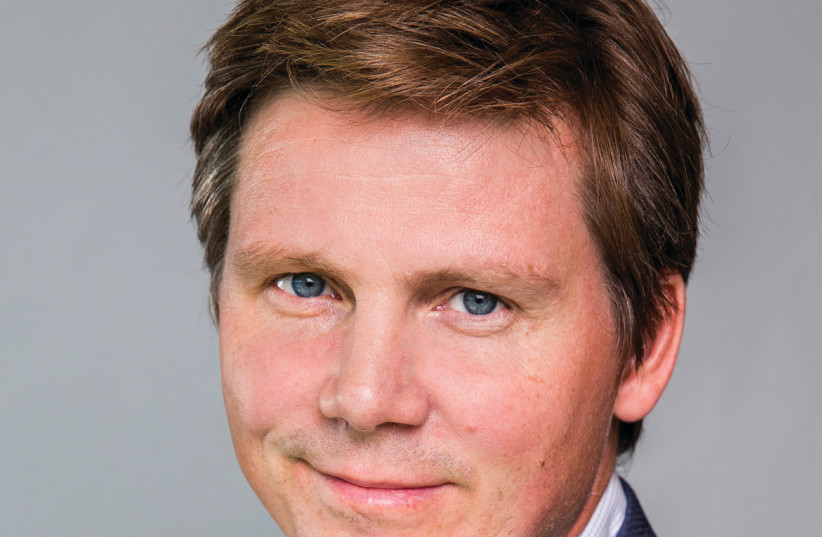The Swedish Government finds it highly regrettable that extremists and provocateurs are seeking to sow division between different groups within our society. The desecration of the Torah, the Quran, or any other holy scripture, is an offensive and disrespectful act, and a clear provocation. Expressions of antisemitism, racism, xenophobia, and related intolerance have no place in Sweden or in Europe. Even when the act is ultimately not committed, just the notion of it may understandably cause offense and stress for many people in Israel and around the World.
I understand that the despicable acts committed by individuals at demonstrations in Sweden may be offensive to people of various religions and beliefs in the State of Israel, including Jews, Muslims, and Christians. The Swedish government strongly rejects these acts, which in no way reflect the Swedish government’s opinions.
Why was someone in Sweden allowed to burn a Quran in public?
In Sweden, there is a constitutional right to freedom of assembly, freedom of expression, and freedom to demonstrate. This means that everyone has the right to express their opinions and participate in public gatherings, such as demonstrations.
In many instances, it has been said, Swedish Police give permission to desecrate a holy scripture. This information is not correct. The police’s decision to grant someone a permit to hold a public gathering simply means that the police do not consider there to be any obstacle to holding the gathering from a public order and safety perspective. The constitutional protection of demonstrations is so strong that banning gatherings in view of the public order situation is very much a last resort.
Criticizing a religion or religious symbols is not punishable in Sweden; this falls under freedom of expression which is protected under the constitution. The same applies to national symbols, such as the Swedish flag.

However, the person who receives a permit from the police to hold a public gathering must observe the restrictions placed on freedom of expression by Swedish legislation. There may be cases where these acts are considered to be agitation against a population group. Decisions to initiate investigations into whether a crime or offense has been committed are made either by the police or a prosecutor. A court will then determine, based on the circumstances in the individual case, whether or not an act is punishable. With that said, what is legal is clearly not always appropriate.
Sweden remains firmly committed to strengthening Jewish life in Sweden, to commemorating the Holocaust, and to combating antisemitism, as shown recently during our presidency of the International Holocaust Remembrance Alliance (IHRA). Sweden was proud to host the Malmö International Forum on Holocaust Remembrance and Combating Antisemitism, in October 2021. Throughout these efforts, we have worked in close partnership with the State of Israel, with Yad Vashem and other institutions. Sweden has also adopted separate action programs to combat antisemitism, Islamophobia, and other forms of racism.
We look forward to further deepening our discussions with Israel, including on interreligious dialogue, mutual understanding, and combating antisemitism and all other forms of intolerance. I have begun to reach out to official representatives of Israel, as well as to religious leaders from Israel’s Jewish, Muslim, and Christian communities, in order to renew or initiate such a dialogue.
The writer is the ambassador of Sweden to the State of Israel.
